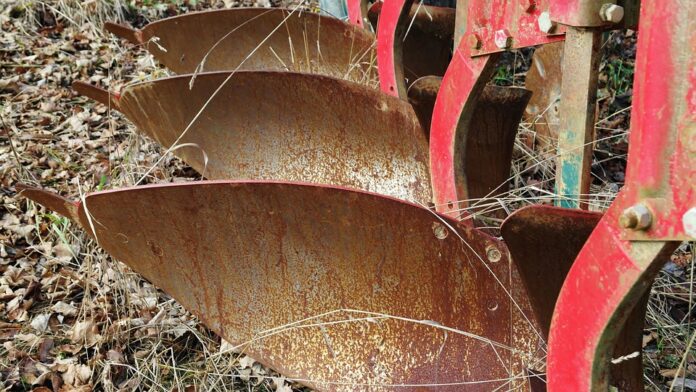Sustainability Practices in Ploughing and Reduced Tillage Systems
The Importance of Sustainability in Agriculture
Sustainability in agriculture has become a critical issue in recent years as the world grapples with the challenges of climate change, soil degradation, and loss of biodiversity. Ploughing and tillage practices play a significant role in shaping the sustainability of agricultural systems. Traditional ploughing methods involve turning over the soil to prepare it for planting, but this can lead to soil erosion, loss of organic matter, and disruption of soil structure. In contrast, reduced tillage systems aim to minimize soil disturbance, preserve soil health, and reduce greenhouse gas emissions.
Benefits of Reduced Tillage Systems
Reduced tillage systems offer a range of benefits that contribute to the overall sustainability of agricultural operations. By minimizing soil disturbance, these systems help to retain soil moisture, reduce erosion, and preserve soil structure. This can lead to improved water retention, increased nutrient availability, and enhanced soil health. Additionally, reduced tillage systems can help to sequester carbon in the soil, mitigating the impacts of climate change. Overall, these practices can lead to higher yields, lower input costs, and improved environmental outcomes.
Financial Implications of Sustainability Practices
While there may be initial costs associated with transitioning to reduced tillage systems, the long-term financial benefits can be significant. Studies have shown that farmers who adopt sustainable practices such as reduced tillage can see improvements in soil health, crop productivity, and profitability over time. Additionally, reducing tillage can lead to savings on fuel, labor, and equipment costs. In the long run, sustainable farming practices can help farmers build resilience to climate change, market volatility, and other risks.
Industry Insights on Sustainability Practices
Many agricultural companies and organizations are recognizing the importance of sustainability in ploughing and tillage practices. Companies like John Deere, Case IH, and AGCO offer equipment and technology solutions that support reduced tillage systems. These companies are investing in research and development to provide farmers with tools and resources to adopt sustainable practices on their farms. Additionally, industry associations, such as the Conservation Technology Information Center and the Soil Health Partnership, are working to promote sustainable agriculture practices and provide education and support to farmers.
Challenges and Opportunities
While there are clear benefits to implementing reduced tillage systems, there are also challenges that farmers may face. Adoption of new practices can require changes in management techniques, equipment, and agronomic knowledge. Farmers may also face resistance from traditional practices and cultural norms. However, there are opportunities for collaboration, knowledge sharing, and support from industry stakeholders to help overcome these challenges. By working together, farmers, researchers, companies, and policymakers can promote sustainable agriculture practices and ensure the long-term viability of our food systems.
In conclusion, sustainability practices in ploughing and reduced tillage systems play a crucial role in promoting the health of our soils, the productivity of our crops, and the sustainability of our food systems. By adopting reduced tillage practices, farmers can improve soil health, reduce environmental impacts, and enhance their bottom line. With continued investment in research, technology, and education, we can work towards a more sustainable future for agriculture.

